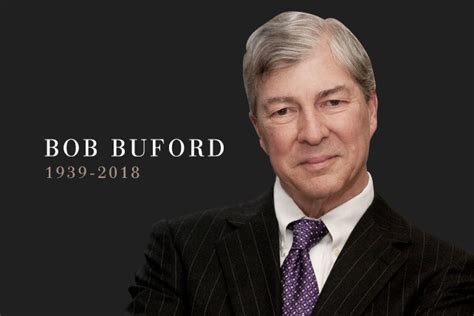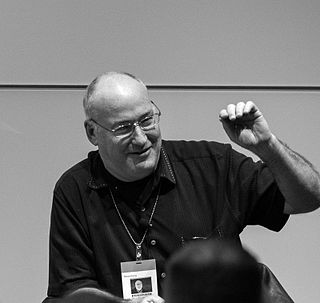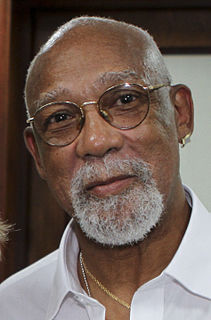A Quote by Bob Buford
Few people on earth know Peter Drucker and his work better than Bruce Rosenstein. This is a welcome, unique and very personal addition to Drucker's incomparable legacy.
Related Quotes
When I was getting my education, I fell in love with the writings of Peter Drucker. He was my hero. I had a naive belief that when I became a manager, it was going to be like Peter Drucker's books. That is, I was going to be the effective executive. I was going to talk to people about their goals. I was going to help them actualize.
To paraphrase the late management thinker and writer, Peter Drucker, thinking is hard work, which is why so few people (including actually senior managers) do it. Once there is some "conventional," seemingly-reasonable story, people just accept it and don't ask, "is this actually true? Is it consistent with the data?" And this extends to the highest reaches of organizational life.
Renowned management guru Peter F.Drucker looked back at his 65-year consulting career shortly before he died. He concluded that great leaders could either be 'charismatic or dull' or 'visionary or numbers-orientated,' but the most inspiring and effective managers he knew all had said we rather than I.
I take his [Theodore Geisel] legacy very, very seriously. I know others may disagree because he's made such an impact on so many people that response to work becomes very personal, so people will have different points of view. But, at the core of this, I take the protection and the extension of his legacy very, very seriously. It's a very important part of my life.
Peter Drucker being one of the most important influences because he has helped to think differently about organizational leadership and management. Frankly, I learn something of value from everyone I meet. My Harvard colleagues. My students. The executives I work with. For an eager student, which is what I am, there is so much to be learned from everyday experiences. I'm a sponge. Always will be.
I agree with Peter Drucker that the culture and legal systems of the United Statesare especially favorable to shareholder interests, compared to other interests and compared to most other countries. Indeed, there are many other countries where any good going to public shareholders has a very low priority and almost every other constituency stands higher in line.
Although he reputedly hated the label of 'guru', Peter Drucker was, by any standards, the greatest management guru the world has yet seen. In 1996, the McKinsey Quarterly journal described him as the 'the one guru to whom other gurus kowtow' and Robert Heller described him as 'the greatest man in the history of management', praise indeed for a man who described himself as 'just an old journalist'.
Peter Drucker has pointed out that it is a manager's job to "do things right." It is an executive's job to make sure "the right things" get done. Even the most rigorous eco-efficient business paradigm does not challenge basic practices and methods: a shoe, building, factory, car, or shampoo can remain fundamentally ill-designed even as the materials and processes involved in its manufacture become more "efficient."


































